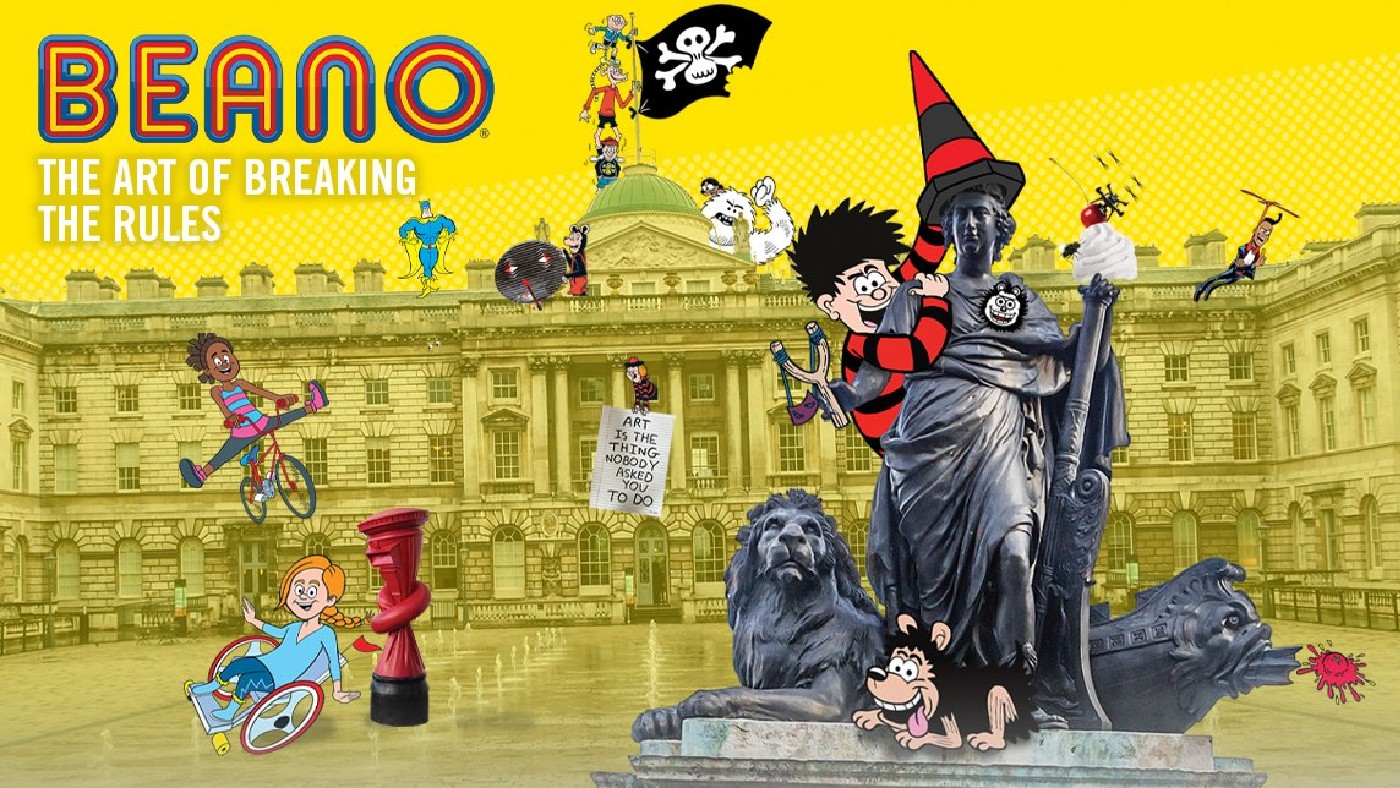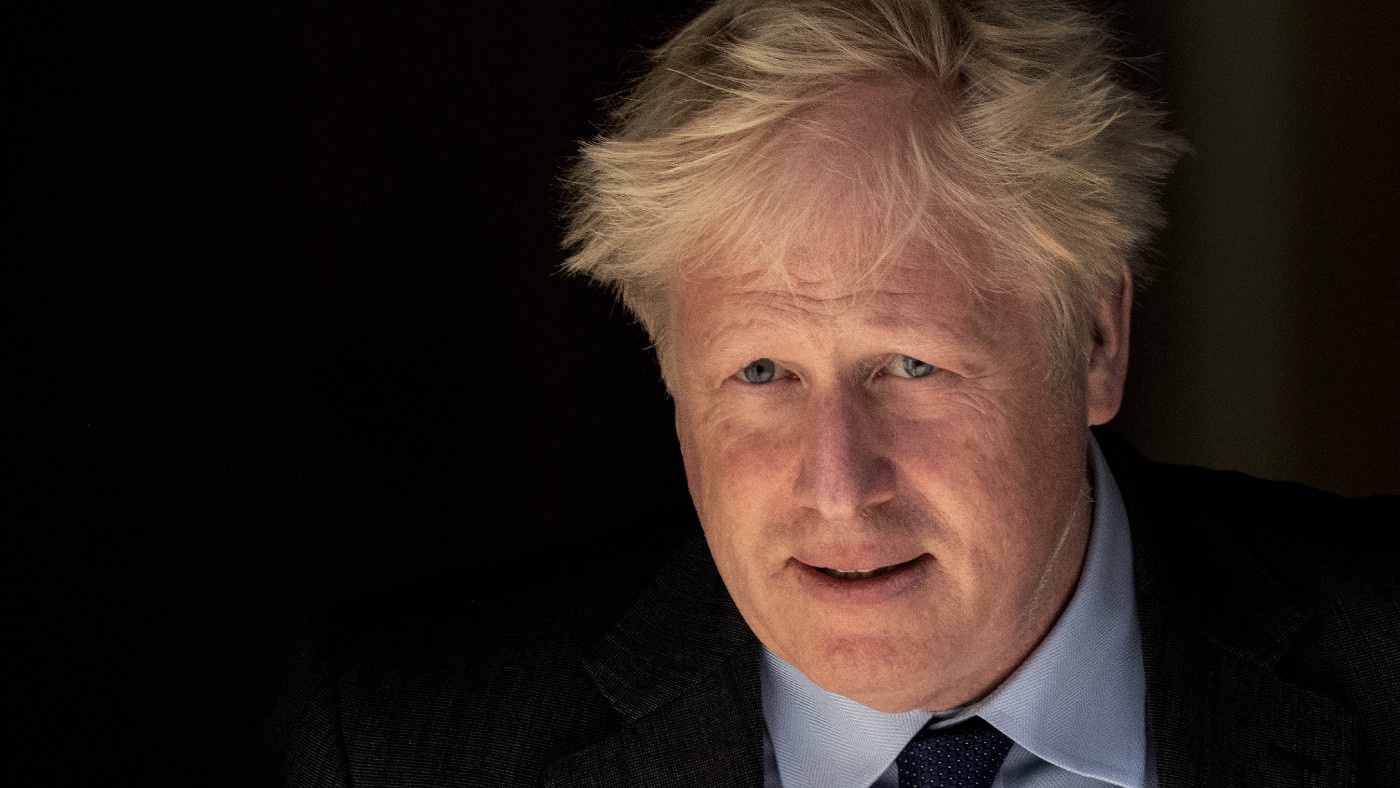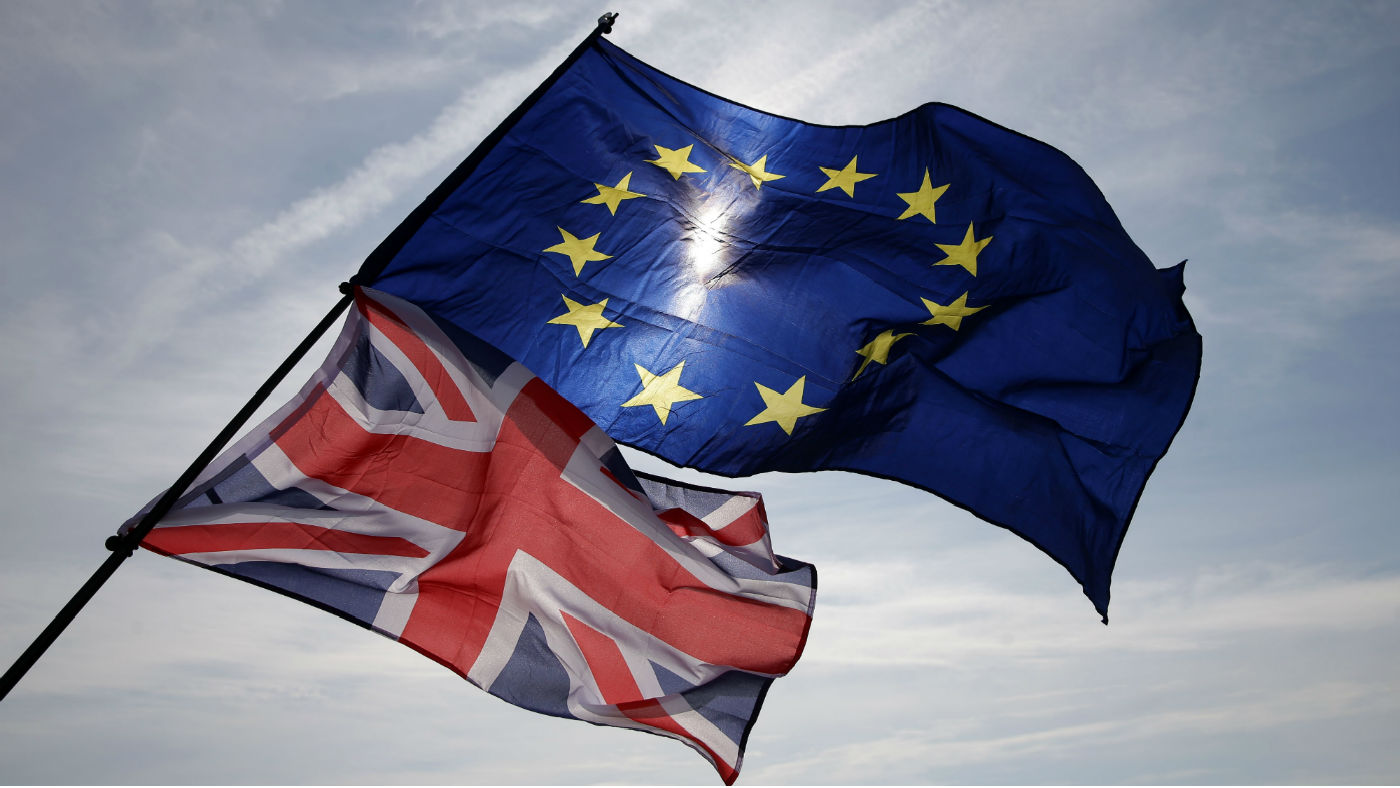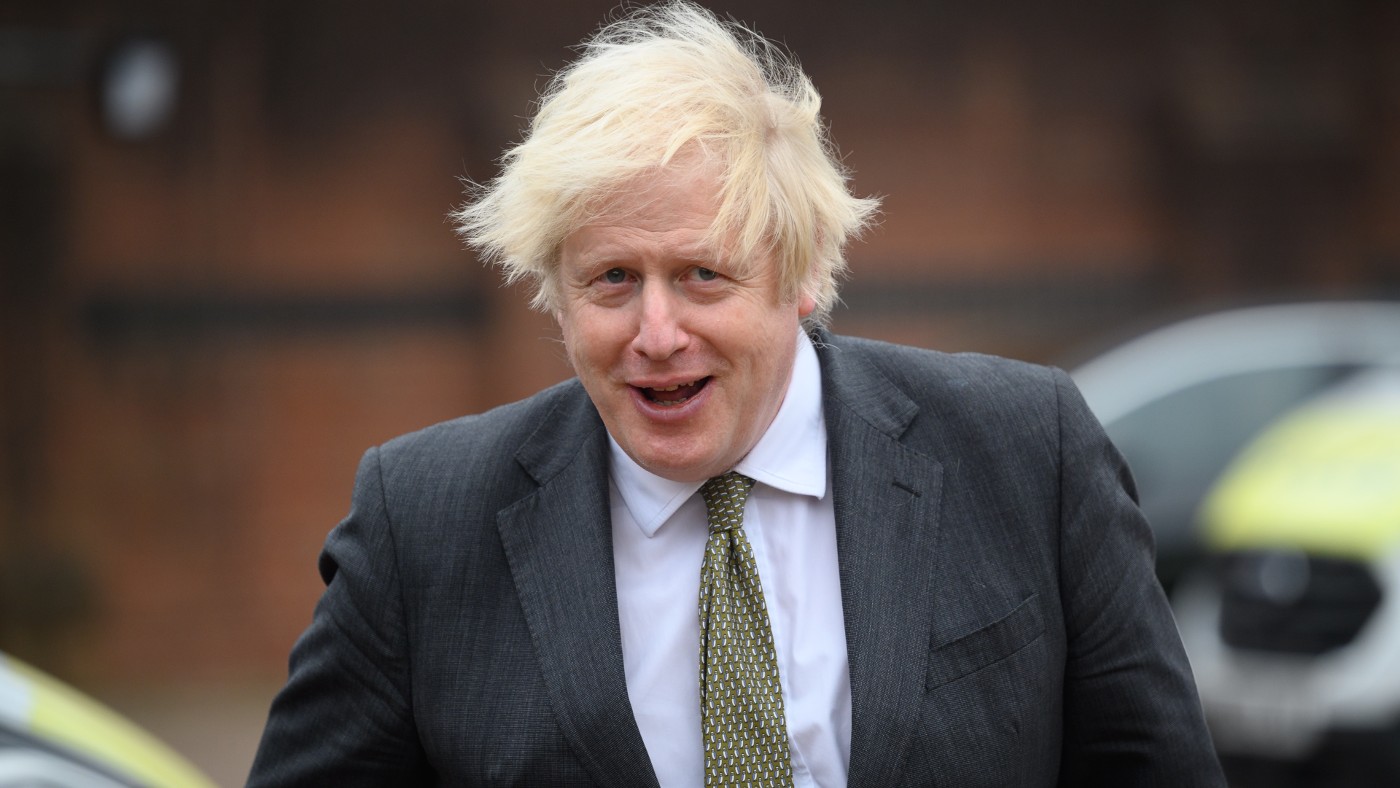Instant Opinion: Johnson’s speech was ‘pure Tommy Cooper’
Your guide to the best columns and commentary on Thursday 3 October

A free daily email with the biggest news stories of the day – and the best features from TheWeek.com
You are now subscribed
Your newsletter sign-up was successful
The Week’s daily round-up highlights the five best opinion pieces from across the British and international media, with excerpts from each.
1. Michael Deacon in The Daily Telegraph
on comedic comparisons
The Week
Escape your echo chamber. Get the facts behind the news, plus analysis from multiple perspectives.

Sign up for The Week's Free Newsletters
From our morning news briefing to a weekly Good News Newsletter, get the best of The Week delivered directly to your inbox.
From our morning news briefing to a weekly Good News Newsletter, get the best of The Week delivered directly to your inbox.
Boris Johnson brought the house down with a speech that was pure Tommy Cooper
“As it happened, Mr Johnson was speaking in the same venue where Theresa May staggered through the most excruciating humiliation of her premiership, two years ago. It’s hard to avoid the feeling that, had the same misfortunes befallen Mr Johnson – losing his voice, gagging on a cough sweet, the set collapsing about his ears – his audience would have loved it, and laughed all the harder. They would have assumed it was deliberate. Because that’s the other point about Tommy Cooper: half the time, his tricks seemed to be going wrong, comically wrong. And yet the more they seemed to go wrong, the more his fans enjoyed it. The supposed blunders, after all, were simply part of the act. In the end, they felt sure, the great showman would pull off the trick with aplomb. And, indeed, he always did. Mr Johnson’s audience in Manchester seemed to share the same breezy conviction: that for all his goofs and gaffes, he knows exactly what he’s doing. Whether this faith is well placed, we’ll soon find out.
2. Martin Kettle in The Guardian
on the prime minister’s Conference performance
A free daily email with the biggest news stories of the day – and the best features from TheWeek.com
This cowardly speech reveals Boris Johnson’s armoury is empty
“Boris Johnson’s speech to the Conservative party conference was of a piece with his brief and tawdry prime ministership so far. The speech was a scam, an attempt to pretend that inconvenient realities can be wished out of existence by putting on a crowd-pleasing act. Yet these inconvenient realities include such things as the law of the land, the elected parliament, the European Union and the island of Ireland. Between them, these realities have enough clout to foil him.”
3. Stephen Bush in the New Statesman
on breaking the Brexit impasse
Has Boris Johnson actually got a credible alternative to the backstop?
“While it is far from an achievable, real-world proposal; you can still just about see the space for an accord where Downing Street tries to finesse what it wants to sell as a triumphant win for checks away from the border, which is in practice a regulatory border in the Irish Sea. That’s certainly the hope of some in the cabinet – but many on the EU side and in parliament think that Johnson’s real game is blaming the EU to achieve the no-deal Brexit he really wants.”
4. Ahmed Twaij in The Independent
on US healthcare hypocrisy
Bernie Sanders' heart condition can teach us two lessons — one about healthcare and another about Congress
“After the upsetting news that he had been rushed to hospital following chest discomfort earlier today, it was found that Democratic presidential candidate Bernie Sanders had a blocked artery. Emergency surgery has left the Senator for Vermont on the road to recovery — and one thing he will not have to worry about is his medical bill. Given his position in government and income, he can cover the medical costs he is served. However, this incident should serve us as an important reminder of the desperate need for healthcare reform in the US, as well as the inspiring role Sanders himself has in calling for Medicare for all.”
5. David Aaronovitch in The Times
on experts
Half-baked health advice breeds ignorance
“Over time I think it’s essential that people believe that public health officials are not trying surreptitiously to nudge or persuade them, but are telling them the truth, caveats and all. The problem is that for this to work greater scientific and statistical literacy among the general population (and journalists more than most) is going to be essential. Otherwise, among a blizzard of claims — to adapt a phrase — we could end up dying of ignorance.”
-
 The environmental cost of GLP-1s
The environmental cost of GLP-1sThe explainer Producing the drugs is a dirty process
-
 Greenland’s capital becomes ground zero for the country’s diplomatic straits
Greenland’s capital becomes ground zero for the country’s diplomatic straitsIN THE SPOTLIGHT A flurry of new consular activity in Nuuk shows how important Greenland has become to Europeans’ anxiety about American imperialism
-
 ‘This is something that happens all too often’
‘This is something that happens all too often’Instant Opinion Opinion, comment and editorials of the day
-
 Triangle-headed aliens touched Goldie Hawn
Triangle-headed aliens touched Goldie HawnTall Tales And other stories from the stranger side of life
-
 Boris Johnson shocks UK by resigning from Parliament
Boris Johnson shocks UK by resigning from ParliamentSpeed Read
-
 Beano comics sent to Australia
Beano comics sent to Australiafeature And other stories from the stranger side of life
-
 Bees delay flight for three hours
Bees delay flight for three hoursfeature And other stories from the stranger side of life
-
 ‘Boris Johnson measures success in biceps rather than brain power’
‘Boris Johnson measures success in biceps rather than brain power’Instant Opinion Your digest of analysis from the British and international press
-
 ‘The Tories have no idea that worse is to come’
‘The Tories have no idea that worse is to come’Instant Opinion Your digest of analysis from the British and international press
-
 ‘I made a terrible, terrible mistake when I voted Leave’
‘I made a terrible, terrible mistake when I voted Leave’Instant Opinion Your digest of analysis from the British and international press
-
 ‘With this prime minister, the next scandal will never be far off’
‘With this prime minister, the next scandal will never be far off’Instant Opinion Your digest of analysis from the British and international press